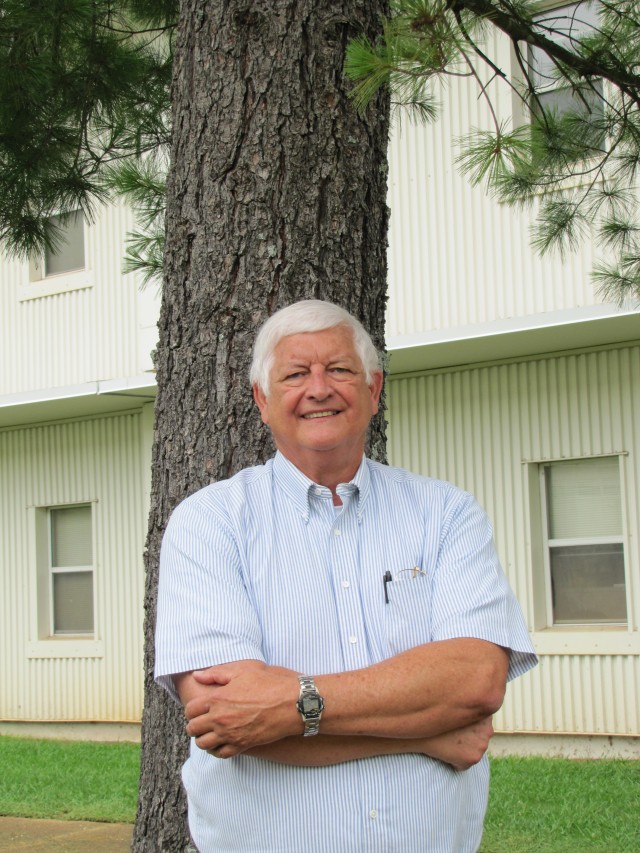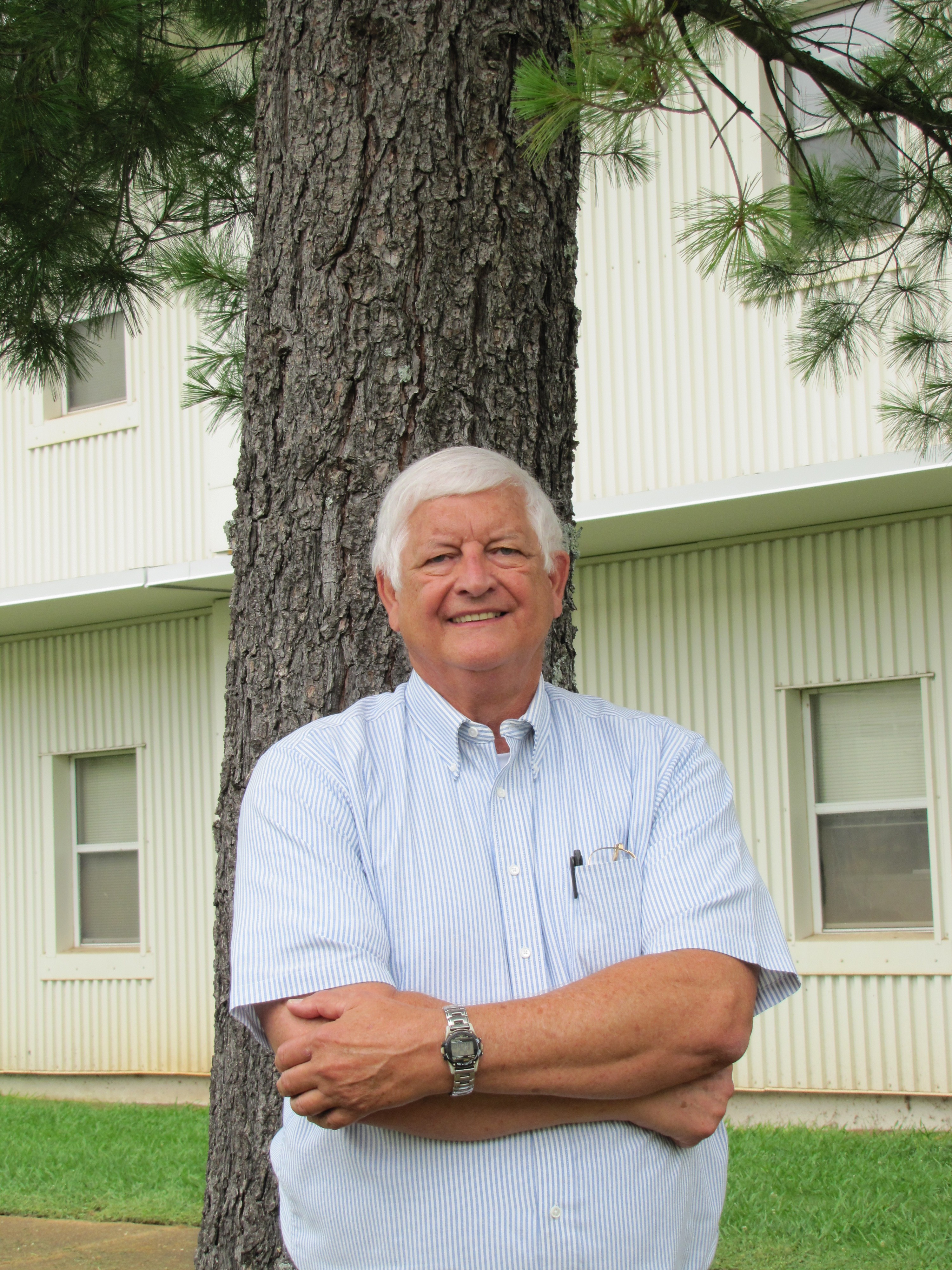REDSTONE ARSENAL, Ala. -- Dave Bryant came to work at Redstone in March 1972 because he felt his job in western North Carolina would end within a few years. He stayed more than 38 years.
On July 3 he retired as an environmental program manager in the Garrison's environmental management division.
"I'm looking forward to it. I think I've picked the optimum time (to retire)," Bryant said.
"And I feel it's just simply time for me to in essence hang it up and enjoy doing the things that I have wanted to do. Go places, do things with complete freedom and not having to be concerned about how long I can be gone," he added with a laugh. "But in reality, first of all I'm going to get my days started a little later. Secondly, I'm going to work on my golf game and try to be a little more fearsome to my competitors. And I'm going to bring my lawn up to the standards of the community covenants."
Bryant spent his first eight years at Redstone as forester, wildlife manager, agricultural leasing manager and real estate specialist - "all rolled into one," he added. His next 12 years involved master planning functions. He spent the last 18 years managing environmental programs. During the entire 38 and one half years, he never left the Garrison - previously called Redstone Arsenal Support Activity - and its facilities/environmental business.
In 1991 he was temporarily assigned to Army Materiel Command headquarters in Alexandria, Va., to work on what was then called Vision 2000. Its purpose was to determine if and how additional Army activities could be relocated to Huntsville. "The significant part of that is that later became BRAC (Base Realignment and Closure)," Bryant said. "The work we did formed some level of the decision material for BRAC, the BRAC move. You understand: It wasn't called BRAC then, it was called Vision 2000."
In the 1980s, Bryant also developed real estate availability packages that disposed of land to the Space Science Exhibit Commission to accommodate the expansion of the U.S. Space & Rocket Center and the establishment of the Huntsville Botanical Garden.
"I feel I've had a real diversified career," said Bryant, 71, who was born in Tuscumbia and raised in Demopolis.
He saw many changes in his nearly four decades at Redstone. He remembers a postwide railroad system, above-ground steam lines, and the mostly wooden buildings.
"I'll miss the co-workers. That's probably the only thing that I'll miss, is being with the co-workers and enjoying the time with them," he said. "You know I have a very small family. And jokingly I've said - and there's truth to it - we could hold our reunion in a phone booth. And this has been a part of my family - extended family - for a number of years."
Three people he worked with through the years who stand out in his mind include the late Sam Fields, who envisioned what became the Sparkman Center and kept the construction plans going; Joe Davis, the public works director who "has led an effort that has taken Sam's dreams far beyond what anybody would have imagined"; and Bill Schroder, now retired, who started the environmental programs on Redstone Arsenal.
"I think that if there's ever a history written of Redstone Arsenal, it needs to include these three guys for their contribution. We're more than rockets and missiles out here," Bryant said. "I think if Sam Fields had not stayed with that project - what became Sparkman - we could've been adversely impacted by BRAC."
Bryant has two sons: Brandon, 45, a construction manager in McDonough, Ga.; and Brooks, 39, who owns and operates a sports cards and collectibles store in Huntsville.
"Any regrets' Absolutely none," he said of his career. "I believe that I could have accomplished more if I had really applied myself and if I had been afforded the opportunities. But, when I look at where I started and see where I finished, I'm content with that."


Social Sharing